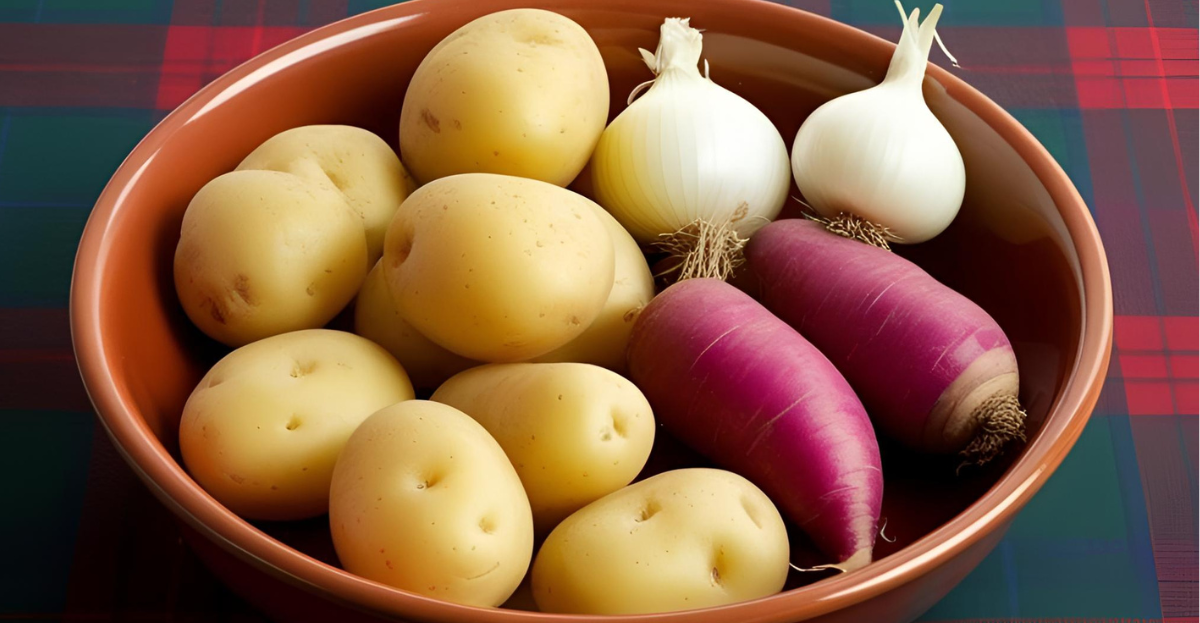From Tatties to Kale - Growing Vegetables in Scotland’s Cool Climate
Scotland’s climate presents challenges, but with the right techniques, it offers great opportunities for growing delicious, nutritious vegetables—read on to discover how.
Scotland’s climate may present its challenges, but with the right techniques and knowledge, it offers plenty of opportunities for growing a wide variety of delicious and nutritious vegetables. Whether you're gardening in your backyard, on an allotment, or in a community garden, the benefits of growing your own food extend beyond taste. It’s an excellent way to reduce your carbon footprint, improve soil health, and enjoy the freshest produce possible.
Best Crops for Scottish Gardens
Scotland’s climate presents unique challenges, but many crops thrive in this environment. The key is understanding the growing season, which tends to be shorter compared to other parts of the UK. However, Scotland's long summer days make up for this by allowing crops to grow quickly during the warmer months.
Here are some of the best crops to grow in Scotland:
Potatoes (Tatties): are ideal for the cooler climate and thrive in Scotland’s soil. Early varieties like First Early and Second Early are particularly well-suited for the shorter growing season, and they grow quickly during the long daylight hours of summer.
Kale: A tough, cold-hardy vegetable, kale can be grown year-round, with the winter frost even enhancing its flavour.
Cavolo Nero , the Italian variety, resists some common diseases like clubroot and thrives in Scotland's soil. A good netting system is essential, as pigeons can cause havoc on young plants.
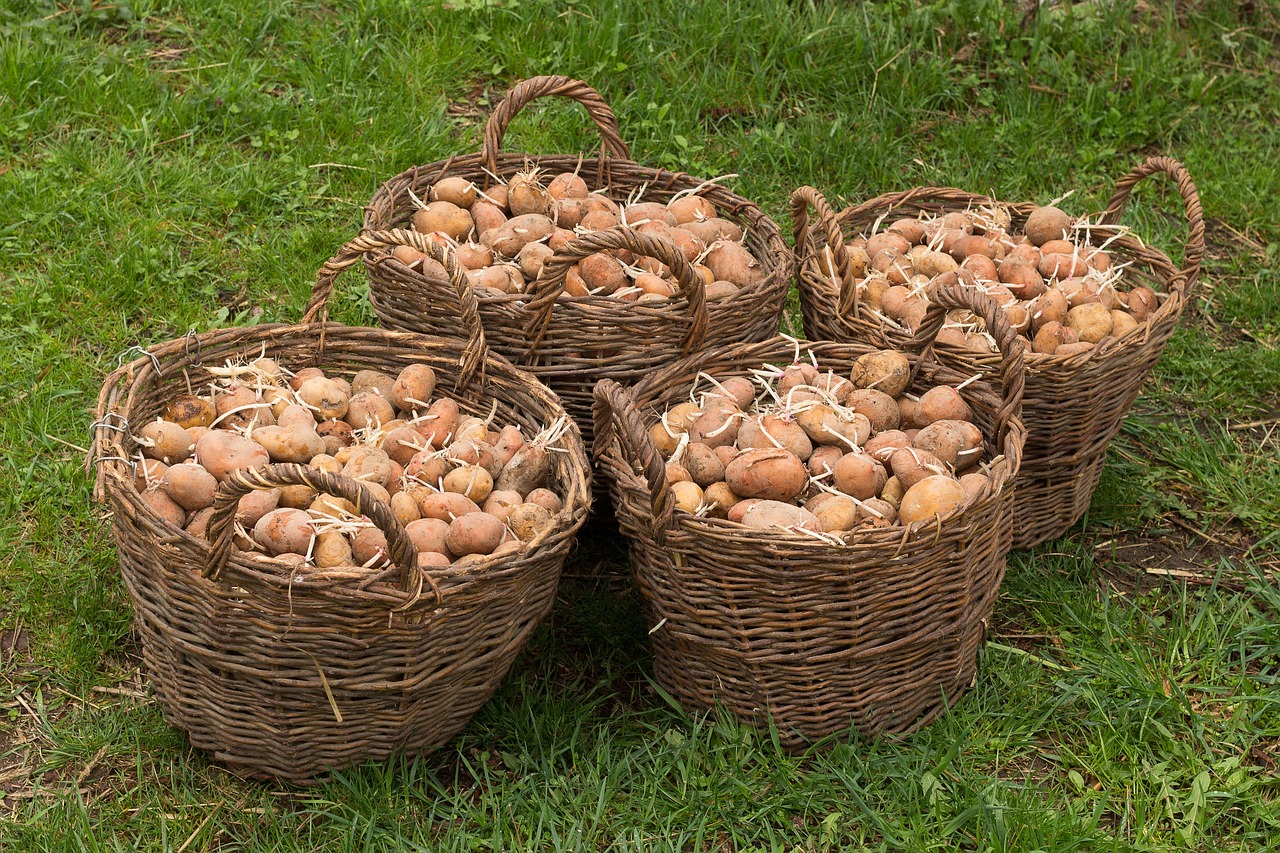
Carrots: Carrots grow well in Scotland’s soil, particularly varieties that mature quickly, such as Autumn King and Nantes.
These varieties do well even with the shorter growing season.
Leeks: Leeks are perfect for Scotland’s cool conditions and can be harvested throughout the winter months. Varieties like Winter Hardy
or Musselburgh are particularly robust.
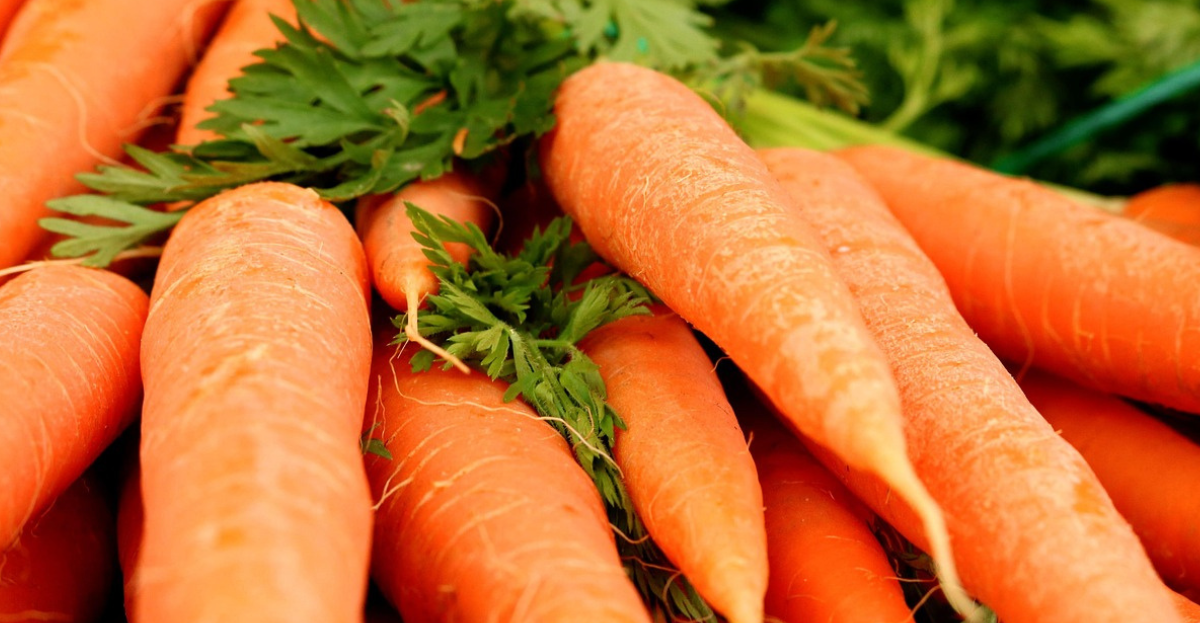
Brussels Sprouts: These vegetables thrive in the cooler months and are often harvested in late autumn, making them a popular choice for winter gardens. Varieties such as Dagan and Catskill are well-suited for Scotland.
Cabbage and Broccoli: These brassicas are perfect for Scotland’s growing conditions and provide delicious harvests well into the colder months. Varieties like Savoy cabbage and Winterbor kale are excellent choices for Scottish gardens.
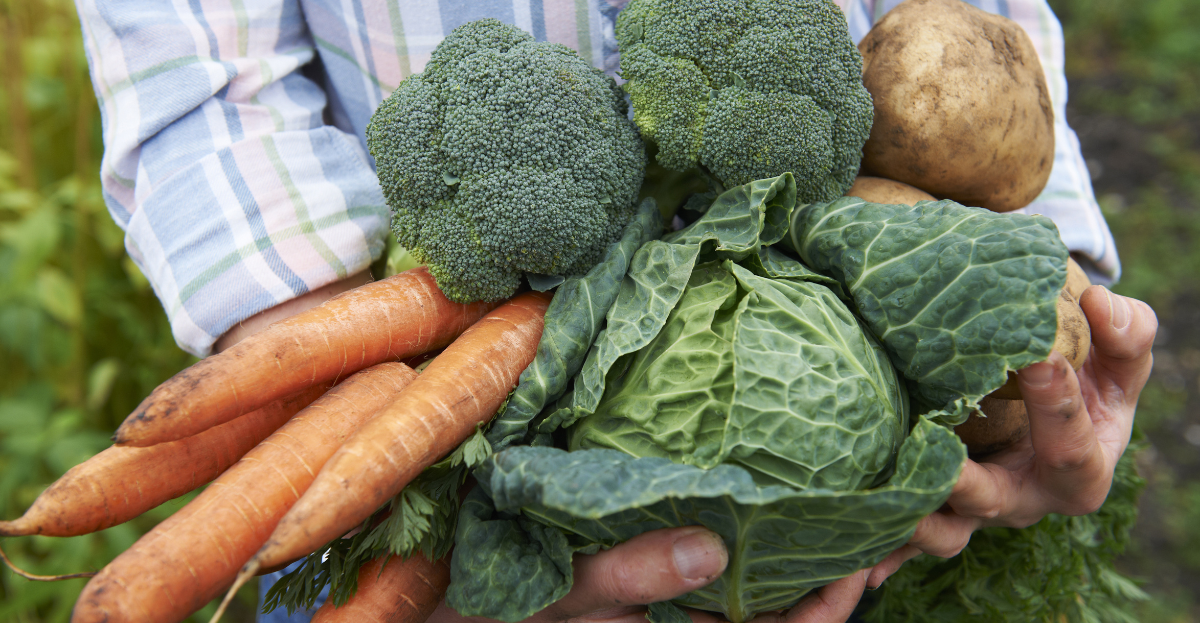
Onions: Scotland’s cooler climate is ideal for growing onions, particularly hardy varieties like Sturon and Red Baron , which are reliable in Scottish conditions.
Turnip (Neeps): A staple in Scottish cuisine, turnips grow well in the cooler climate and can be harvested in the autumn, making them a great choice for winter dishes like haggis.
 (1).png)
Extending the Growing Season
One of the secrets to successful gardening in Scotland is learning to extend the growing season. Many gardeners rely on shared poly tunnels or glasshouses to grow more temperature-sensitive crops, such as
- tomatoes
- cucumbers
- peppers
Early sowing is also key. Crops like garlic can be planted in late autumn and harvested by early summer.
By planning ahead, gardeners can repeat sowings and enjoy crops throughout the year, such as leafy greens, salad crops, and herbs, in the winter months.
Sustainable Gardening Practices
Growing your own vegetables isn’t just about the food – it’s about cultivating a healthy environment. Sustainable gardening methods are essential for maintaining healthy soil and a balanced ecosystem. Organic practices are the way to go, especially in Scotland’s diverse growing conditions.
Composting is one of the best ways to improve soil fertility. Using organic compost supports beneficial microorganisms, helping retain moisture and improve soil structure.
Natural fertilizers , like comfrey feed or seaweed extract, nourish your plants without the environmental impact of chemical fertilizers.
Crop rotation is vital for preventing soil depletion and reducing the risk of pests and diseases. This involves rotating different plant families in your beds each year to help maintain soil health and keep your garden productive.
Insects like ladybirds and hoverflies play a crucial role in managing pests naturally, keeping the garden ecosystem in balance. Rather than turning to pesticides, gardeners can encourage these beneficial insects by planting flowers and herbs that attract them.
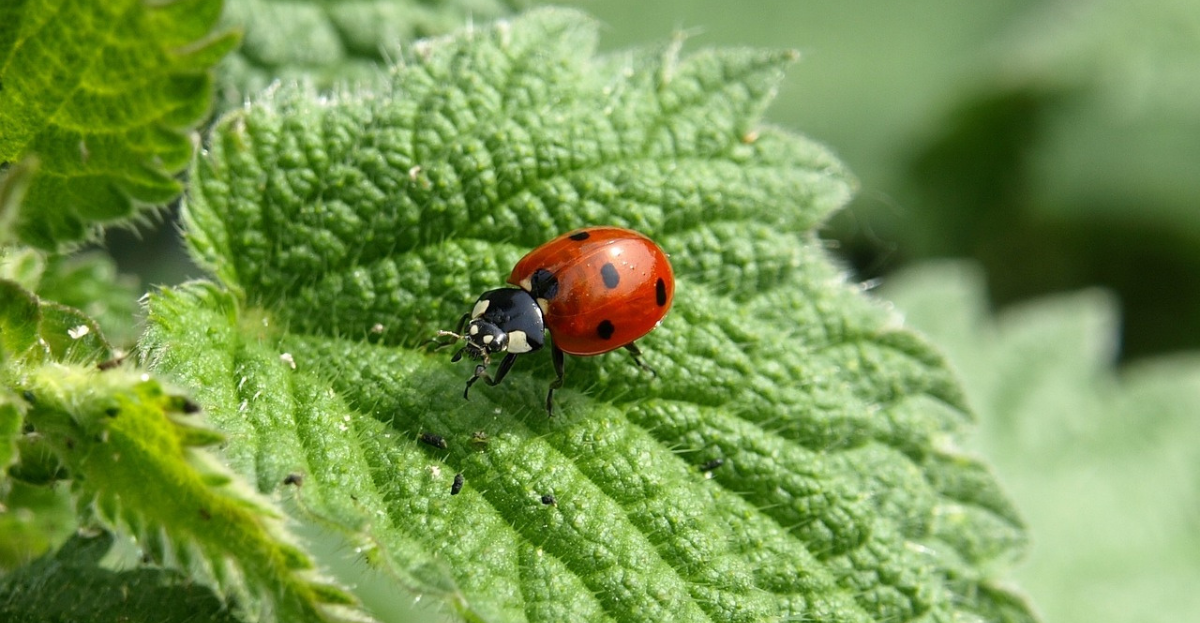
Managing Pests and Diseases
Pest management is a crucial aspect of organic gardening. In Scotland, it’s not uncommon to deal with pests like slugs, aphids, and caterpillars.
However, instead of relying on harmful chemicals, you can manage pests naturally by introducing predators such as birds, frogs, and hedgehogs, which help keep pest numbers in check.
Using natural repellents like garlic spray or diatomaceous earth can also
help protect crops without harming the environment. For diseases, ensuring good airflow between plants and maintaining healthy soil is essential for minimizing the risk of fungal infections and mildew.
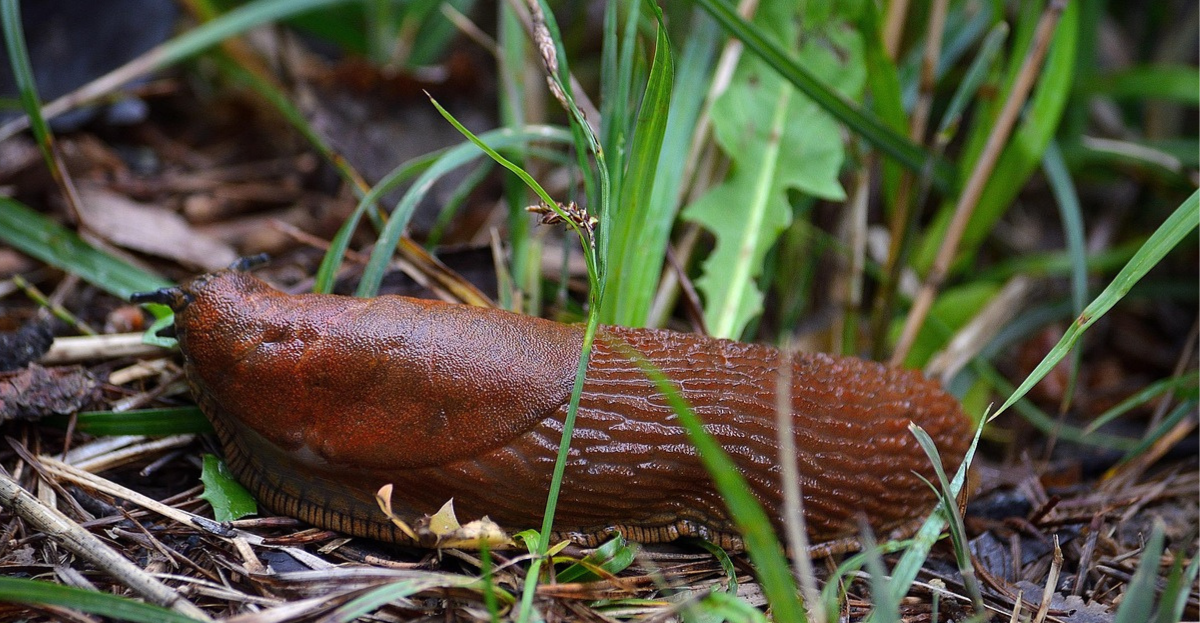
Gardening in Scotland may require a bit more effort and planning due to the cooler and sometimes unpredictable climate, but with the right choices of crops, techniques, and sustainable practices, it can be incredibly rewarding. By focusing on hardy, quick-growing vegetables and extending the growing season with greenhouses or poly tunnels, Scottish gardeners can enjoy a bounty of fresh produce. Moreover, growing your own food helps reduce reliance on imported goods and supports a more sustainable, eco-friendly lifestyle.
